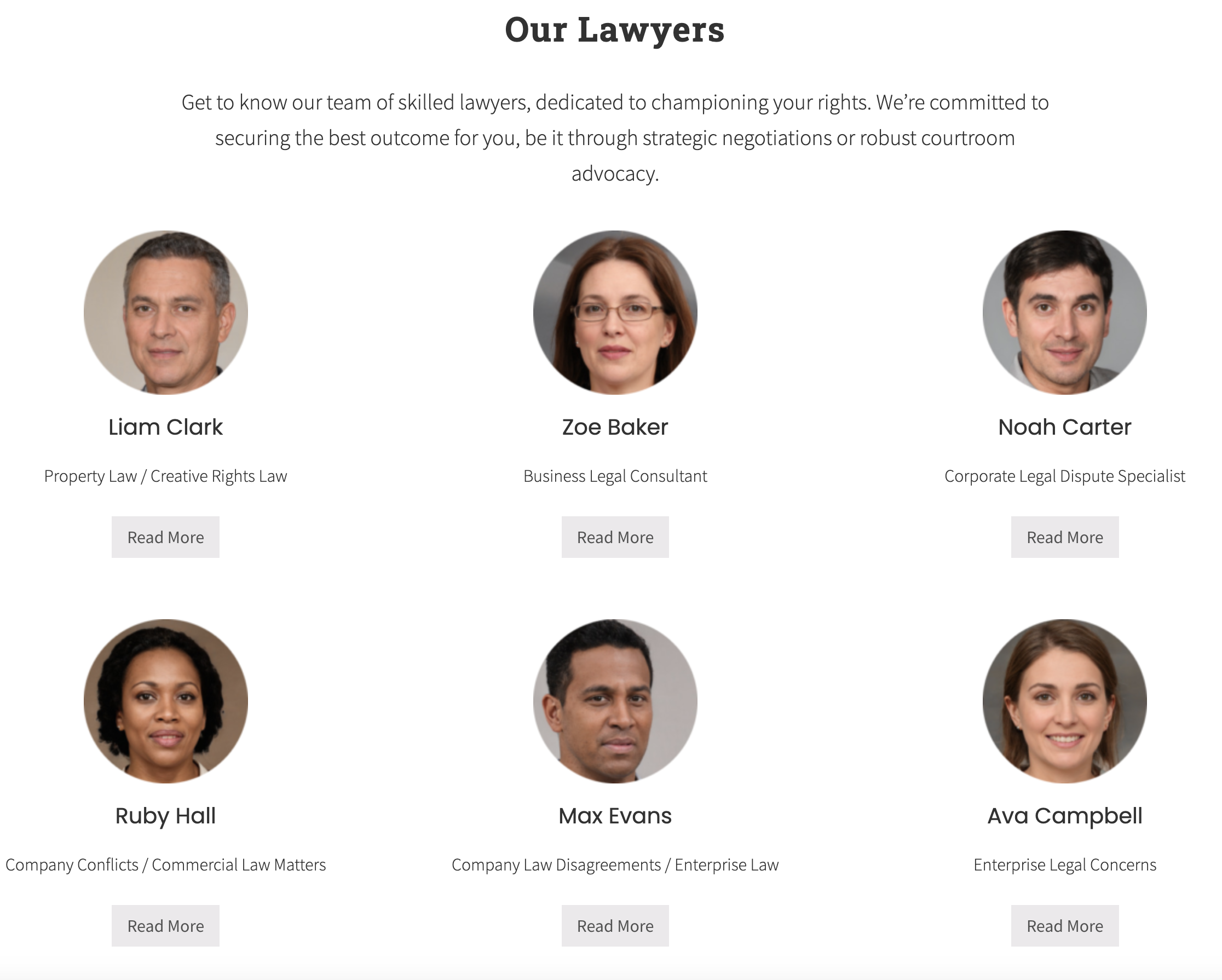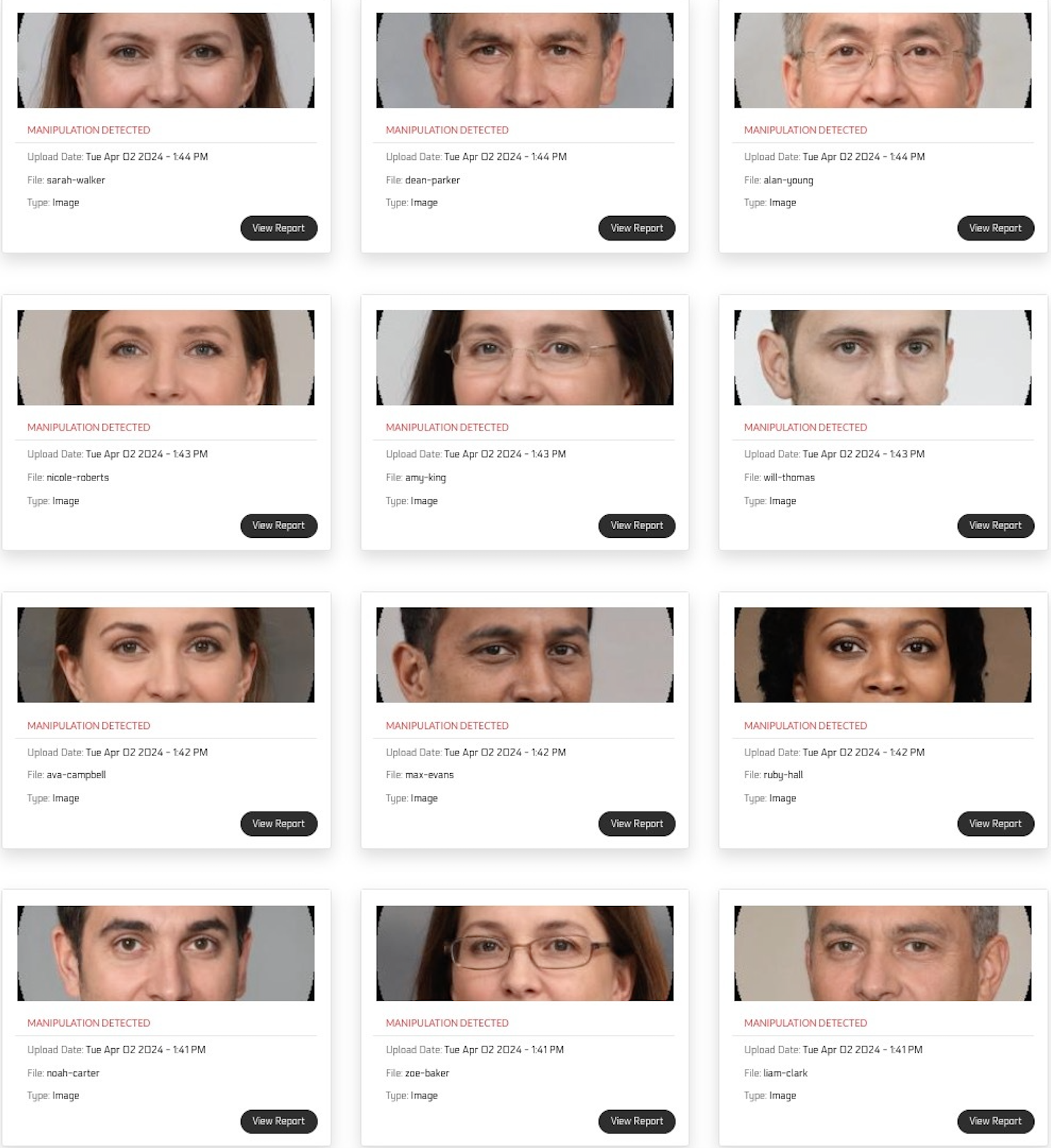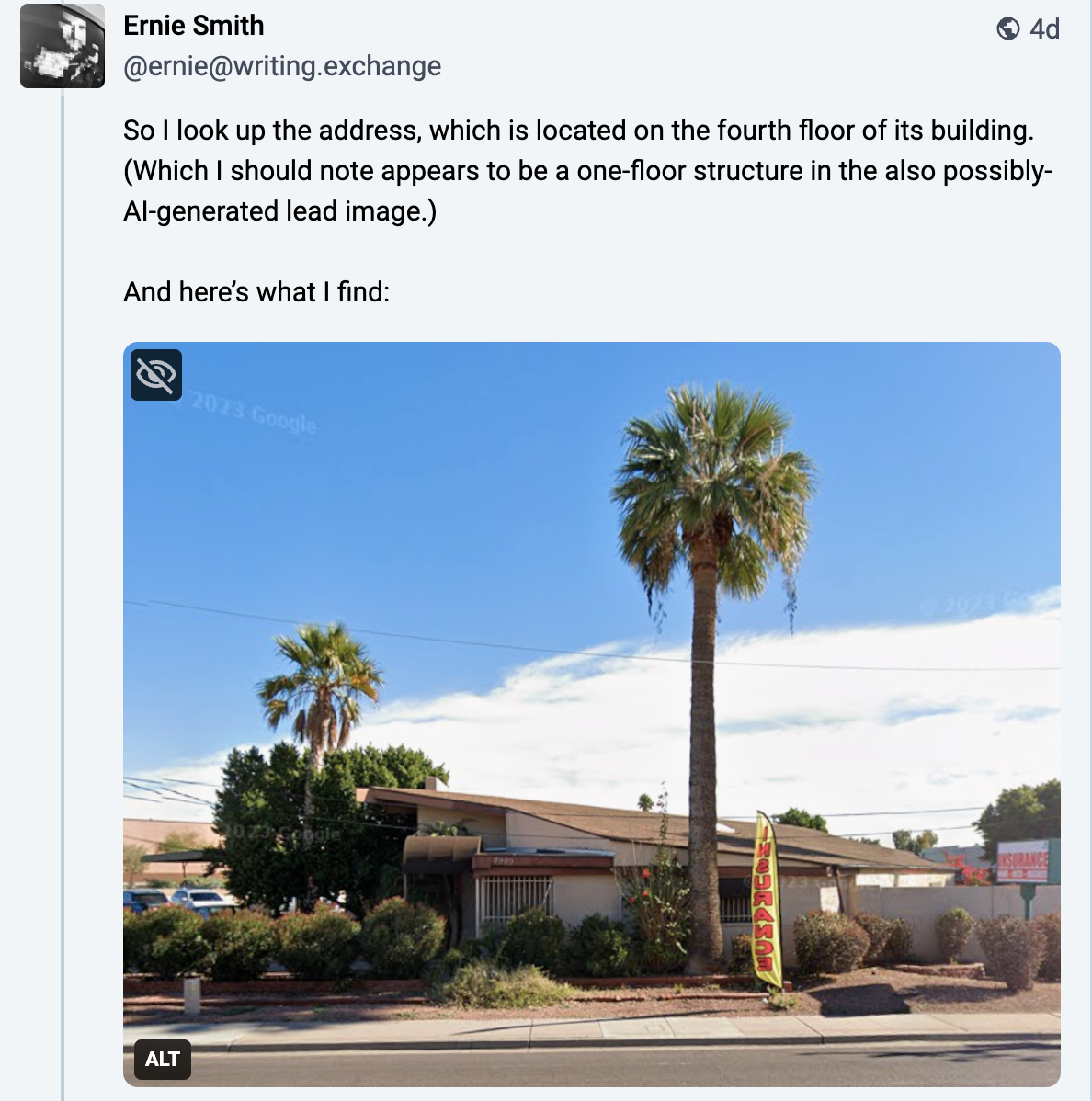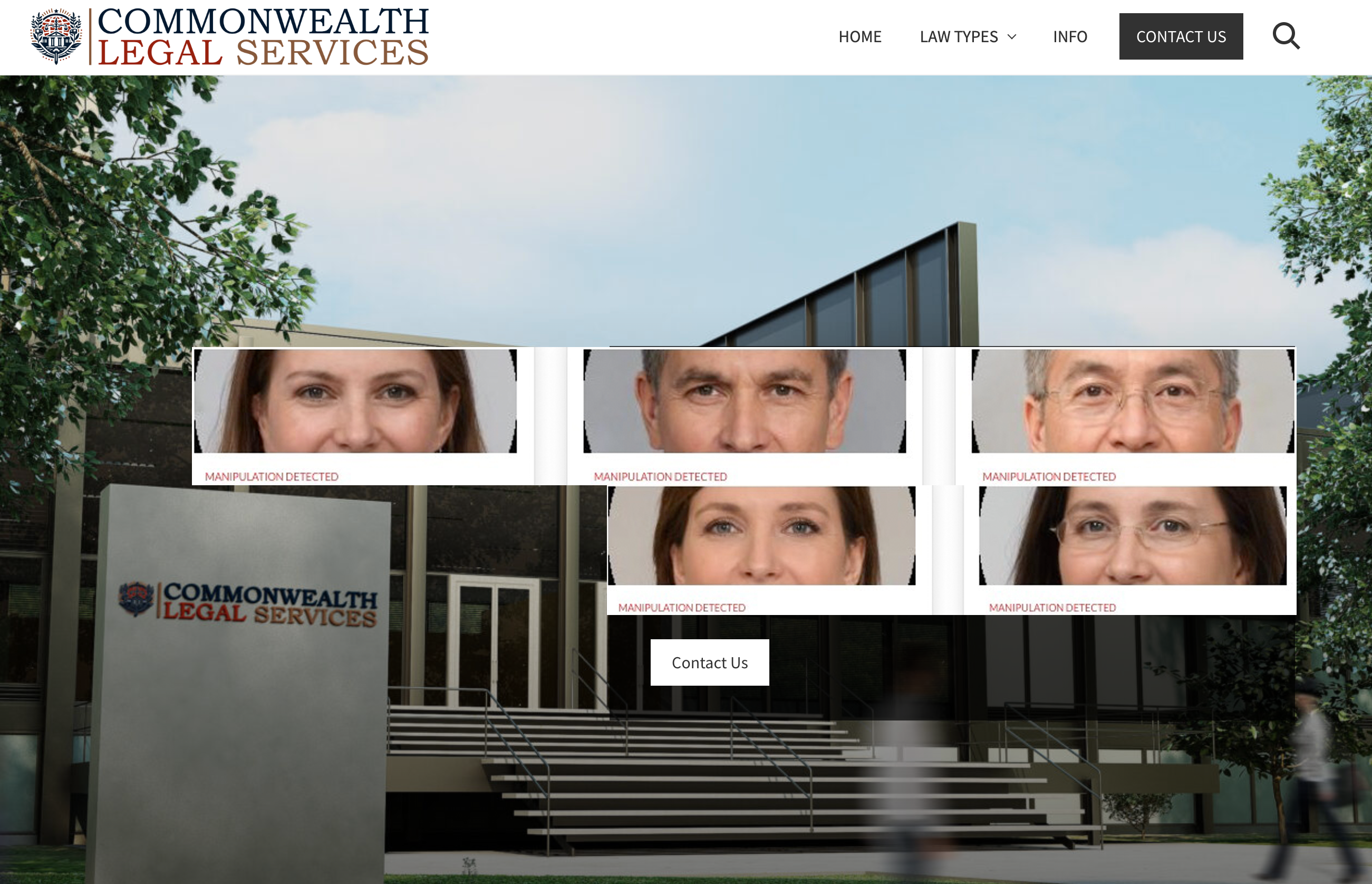Subscribe
Last week, Ernie Smith, the publisher of the website Tedium, got a “copyright infringement notice” from a law firm called Commonwealth Legal: “We’re reaching out on behalf of the Intellectual Property division of a notable entity, in relation to an image connected to our client,” it read.
I am familiar with these sorts of emails, which are frightening to get. In an earlier, wilder day of media, it was relatively common for news websites to use images that were tagged as “Creative Commons” on Flickr and sites like it. But some of these images were improperly tagged by the people who uploaded them, which wasn’t always the person who originally took the photo. This led to a series of expensive lawsuits, or the threat of lawsuits which led to expensive settlements, for media companies who did this. Both VICE and BuzzFeed, for example, deleted thousands of photos from old articles apparently to ward off copyright lawsuits.
In this case, though, the email didn’t demand that the photo be taken down or specifically threaten a lawsuit. Instead, it demanded that Smith place a “visible and clickable link” beneath the photo in question to a website called “tech4gods” or the law firm would “take action.” Smith began looking into the law firm. And he found that Commonwealth Legal is not real, and that the images of its “lawyers” are AI generated.
The threat to "activate the case No. 86342" is obviously nonsense. Beyond that, Commonwealth Legal’s website looks generic and is full of stock photos, though I’ve seen a lot of generic template websites for real law firms. All of its lawyers have vacant, thousand-yard stares that are commonly generated by websites like This Person Does Not Exist, none of them come up in any attorney or LinkedIn searches, and the only reverse image search results for them are for a now-broken website called Generated.Photos, which offered a service to “use AI to generate people online that don’t exist, change clothing and modify face and body traits. Download generated people in different postures.”


"All of the faces scanned were likely AI generated, most likely by a Generative Adversarial Network (GAN) model,” Ali Shahriyari, cofounder and CTO of the AI detection startup Reality Defender told 404 Media.
Commonwealth Legal’s listed address is the fourth floor of a one-story building that looks nothing like the image on its website, and both of its phone numbers are disconnected. No one responded to the contact form that I filled out.

Smith realized that what’s happening here isn’t a copyright enforcement or copyright trolling attempt at all. Instead, it’s a backlink SEO scam, where a website owner tries to improve their Google ranking by asking, paying, or threatening someone to link to their website.
Tech4Gods.com is a gadget review website run by a man named Daniel Barczak, whose content is “complemented by AI writing assistants.” In this case, the photo that Smith had “infringed” was a photo downloaded from the royalty free, free-to-use website Unsplash, which 404 Media also sometimes uses. The image was not taken by Barczak, and has nothing to do with him, he told me in an email: “I certainly don't own any images on the web,” he said. The original photographer did not respond to a request for comment sent through Unsplash.
Barczak told me that he had been previously buying backlinks to his website for SEO, but said he wasn’t aware of who was doing this or why. “I have no idea; it certainly has nothing to do with me,” he said. “However, recently, someone has been building spammy links against my site that I have been dealing with.”
“I have mastered on-page SEO, but unfortunately, I buy links due to a lack of time,” he added. “In the past, I had a bad link builder. I wonder if it’s him going mad at me for letting him go … It’s hard to say the web is massive, and everyone can link whenever they want.” Link building is an SEO strategy devised to get outside websites to link to your website.
He added that “bad links may damage [the site’s] profile in Google’s eyes.” In this case, however, the “lawyers” were threatening a well-established tech blogger, and a link from Tedium would likely be treated as a positive in the search algorithm’s eyes.
This is a relatively new but insidious scam because it has the look and feel of a legal threat, and is similar to legal threats that websites get all the time. On Reddit, I found several people saying they had been targeted with similar copyright backlink scams, and last month, one Redditor posted specifically that they had gotten a copyright backlink request from a law firm claiming to represent Tech4Gods. A blogger who writes about education for teachers uncovered a similar scam from the nonexistent Arthur Davidson Law Firm in 2022. The rise of this tactic indicates that there is seemingly no bottom for SEO scams like this.


